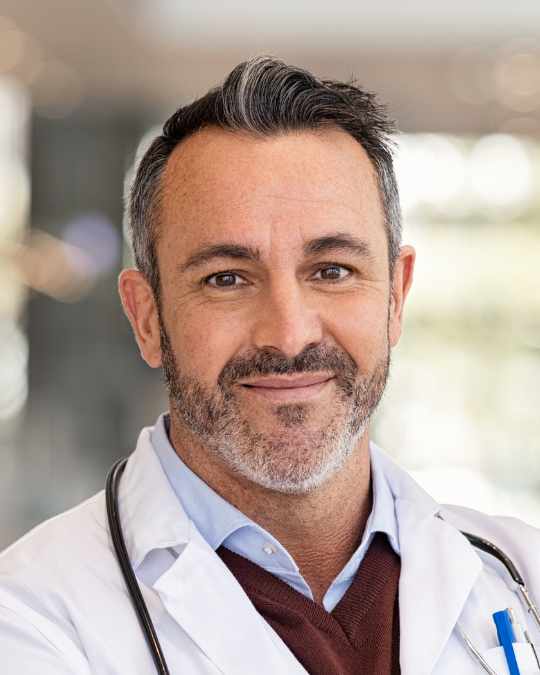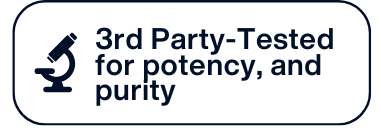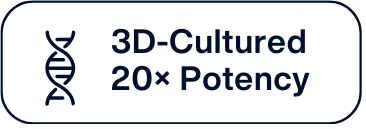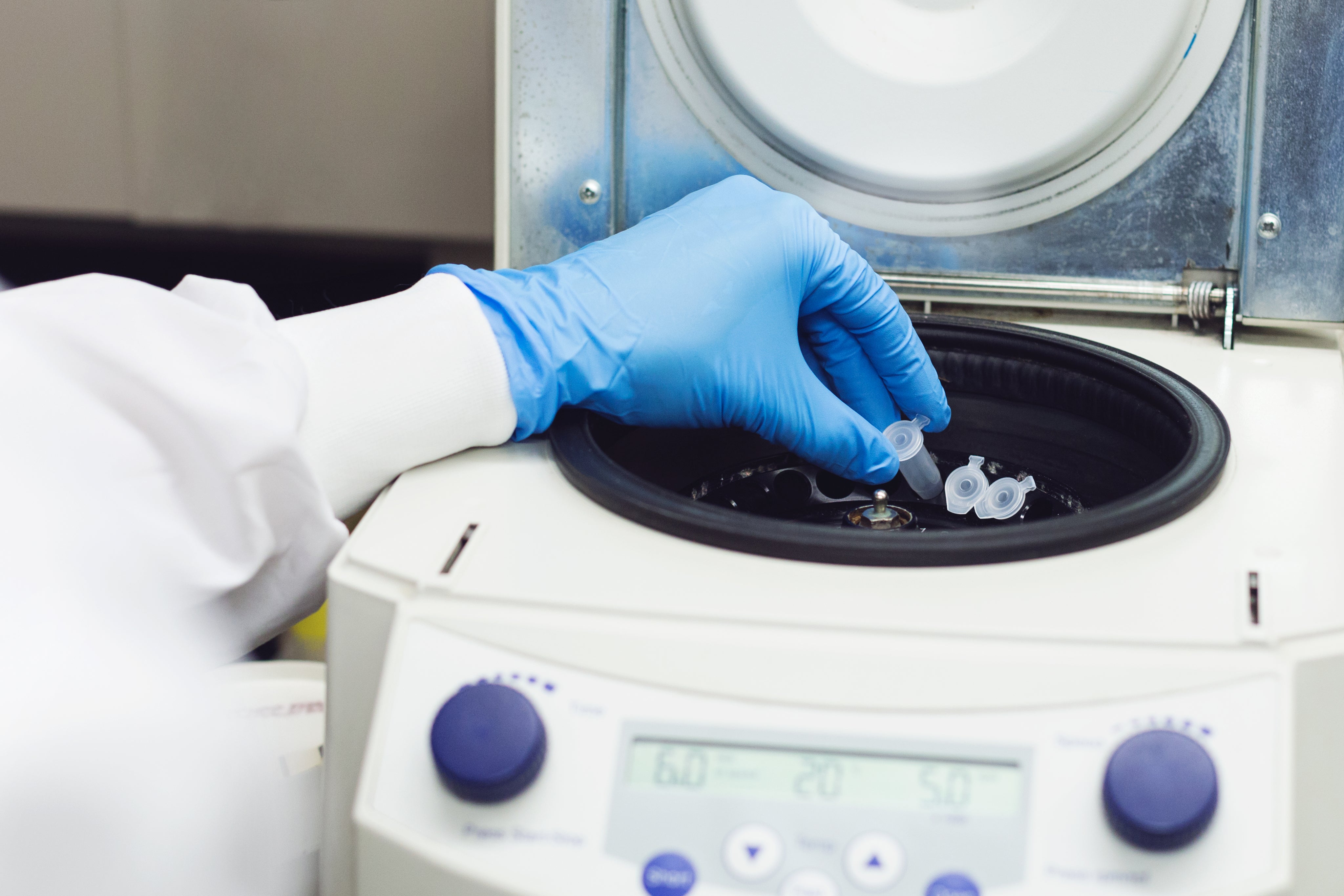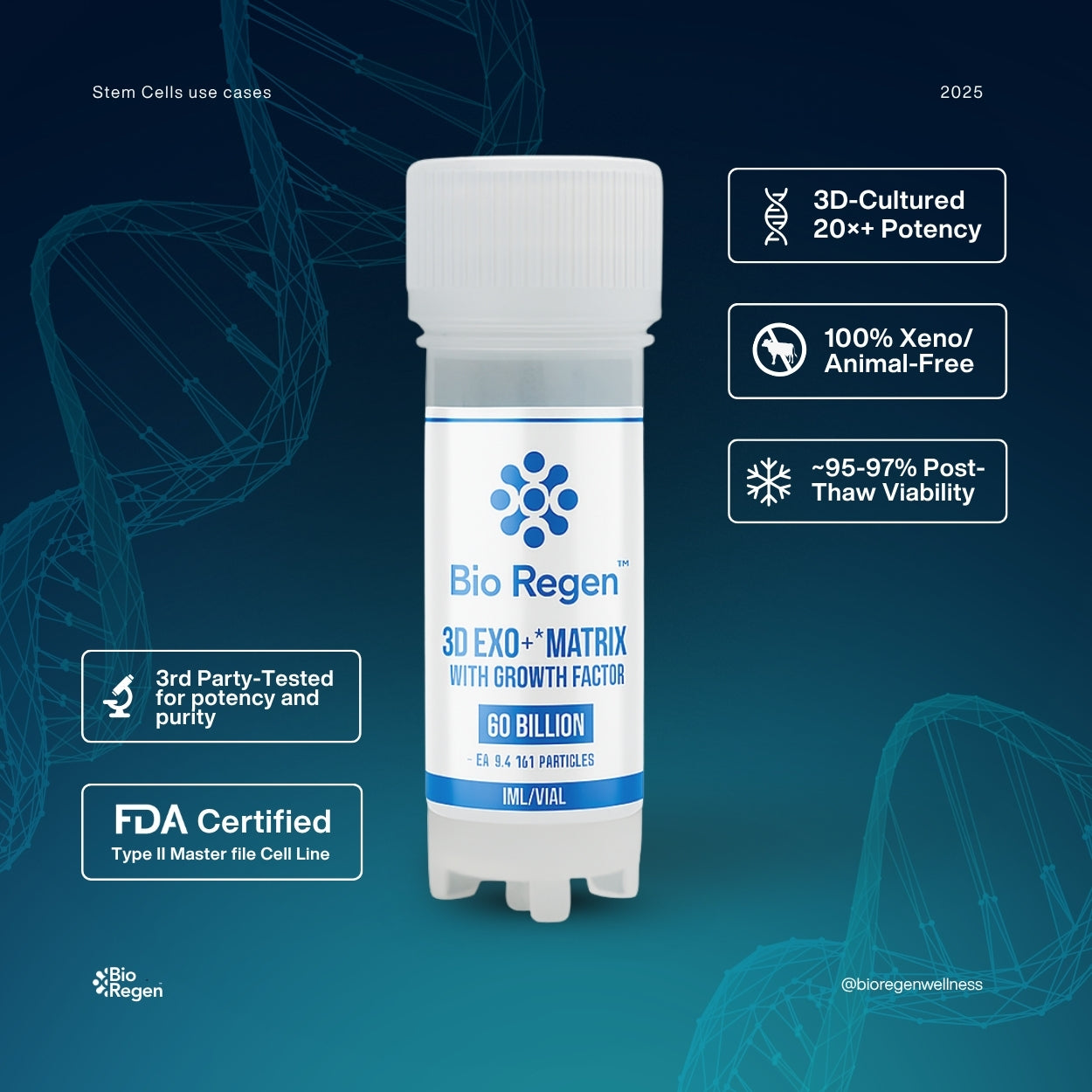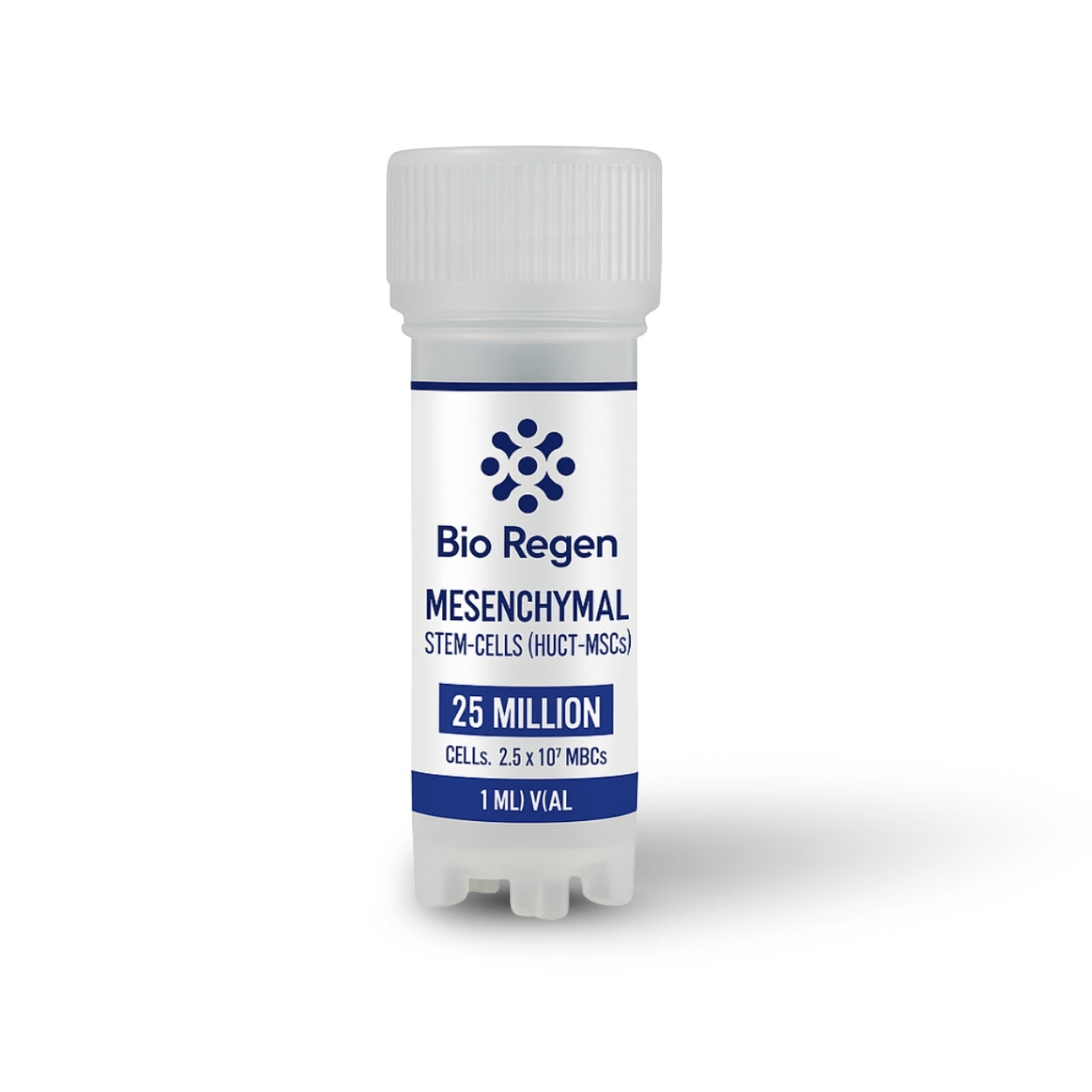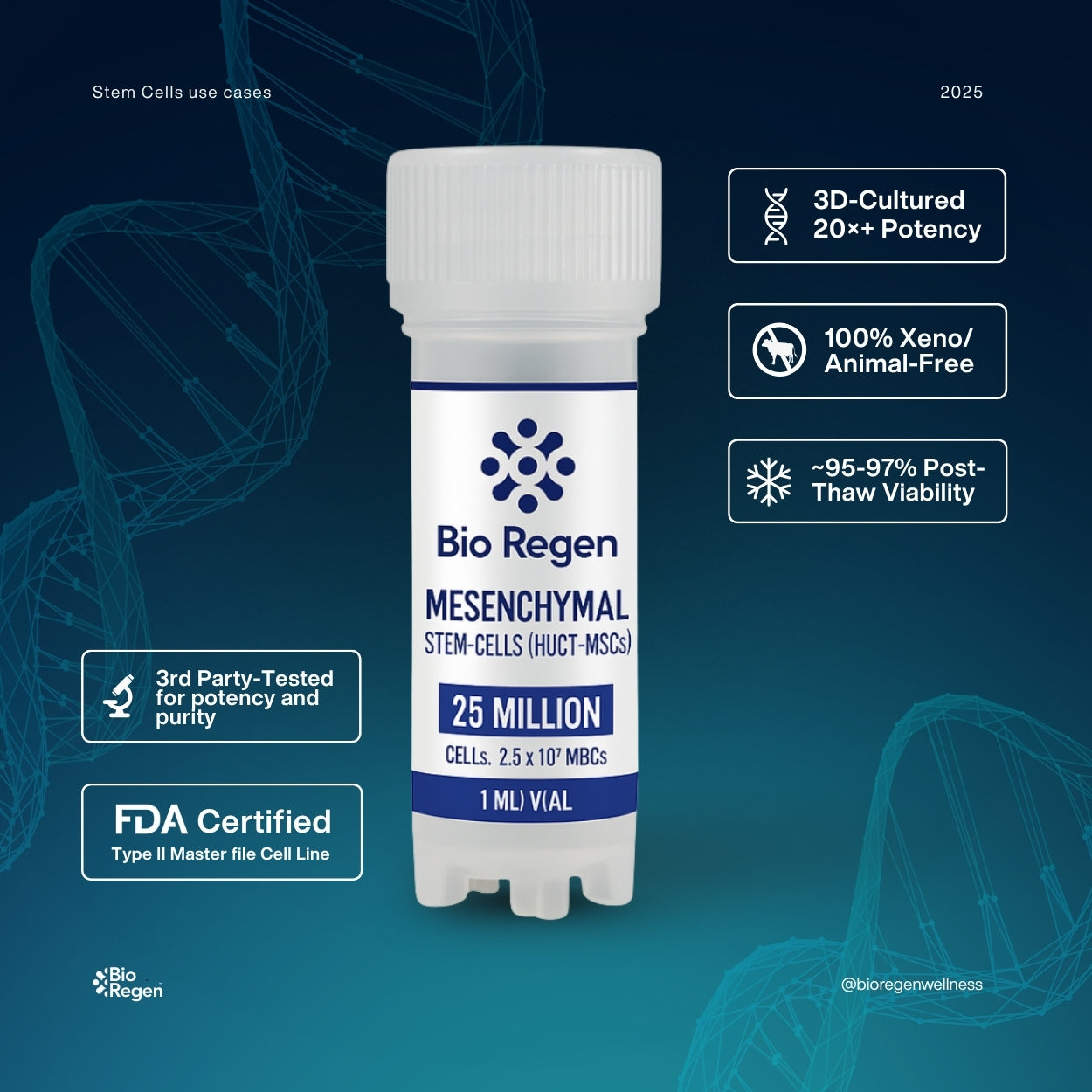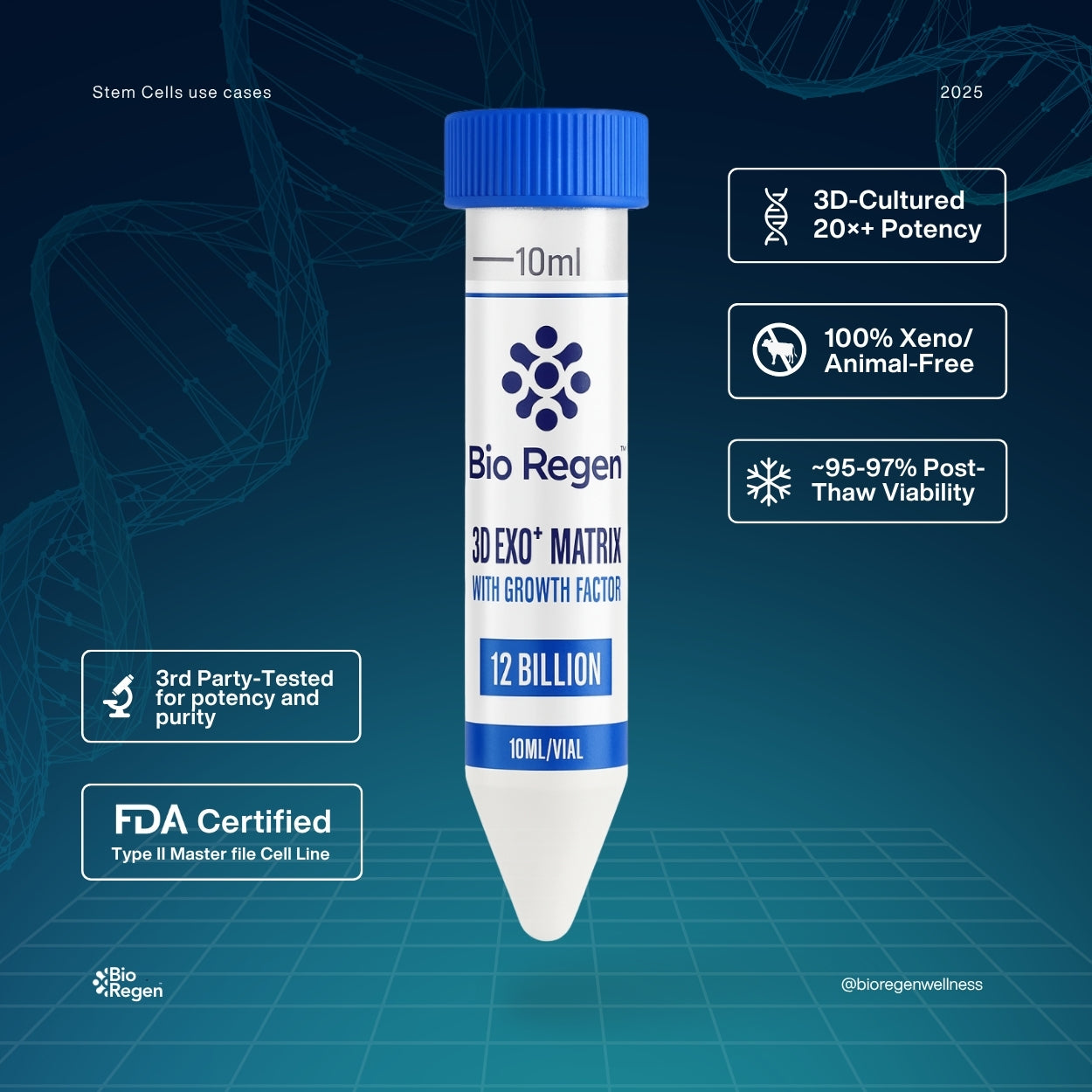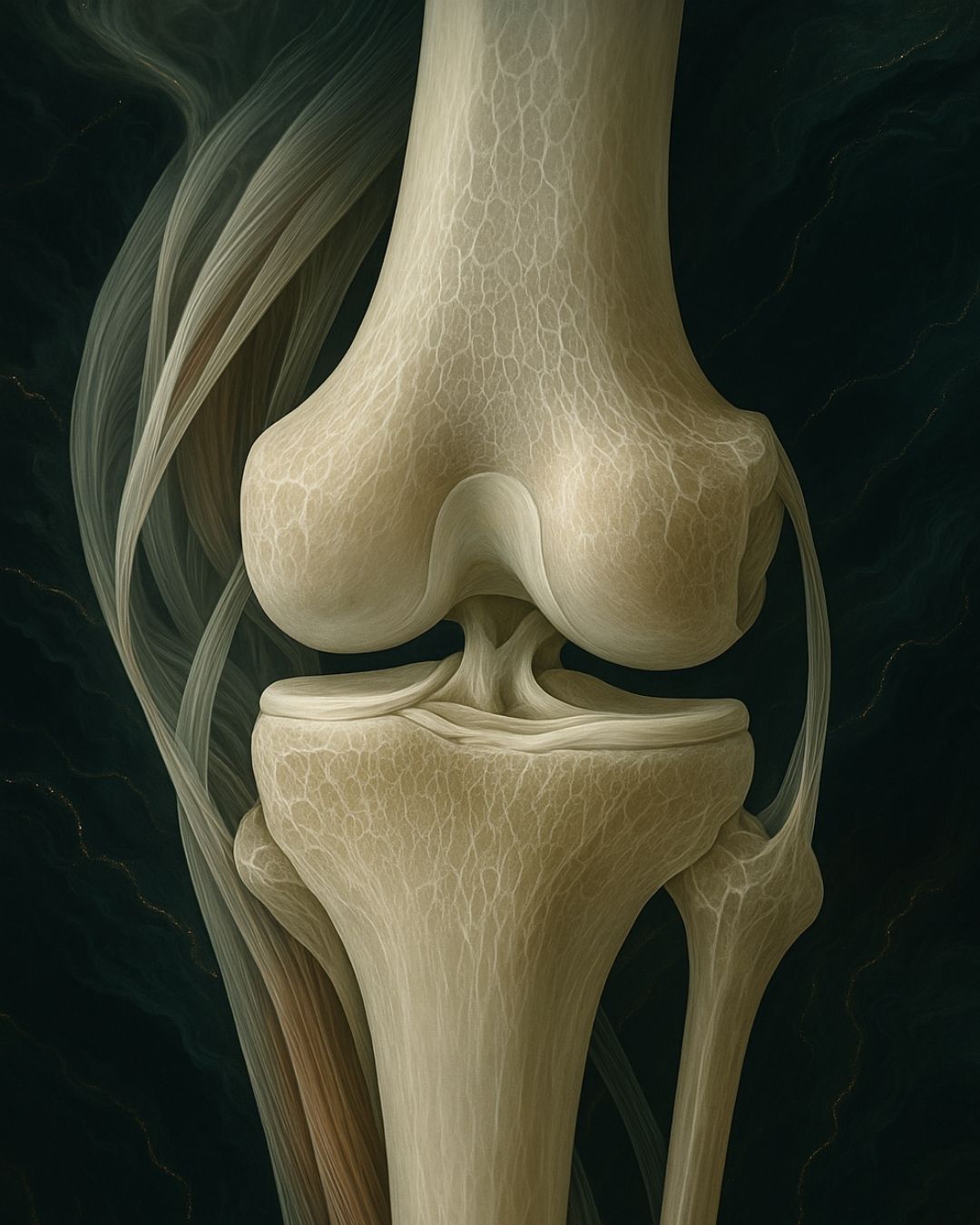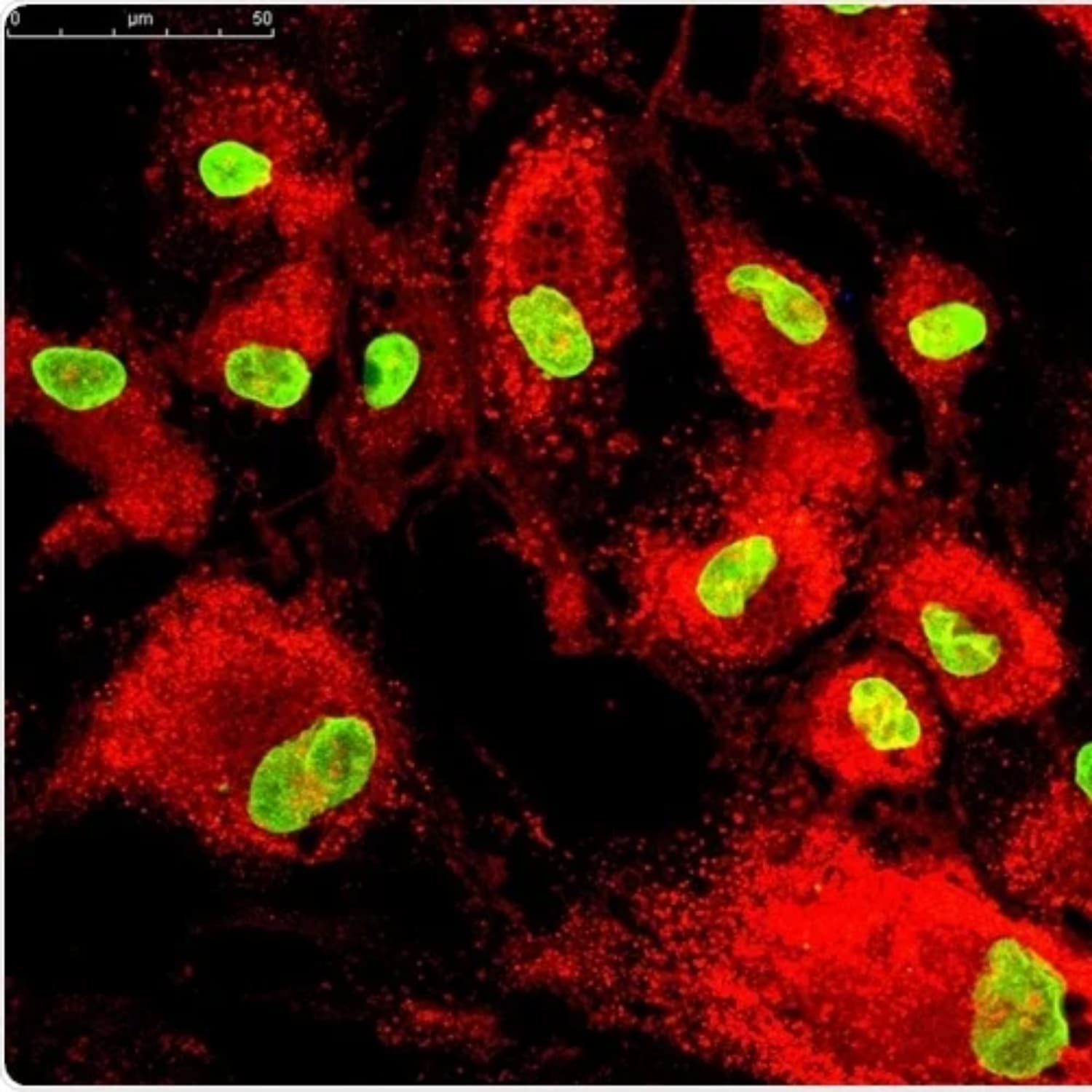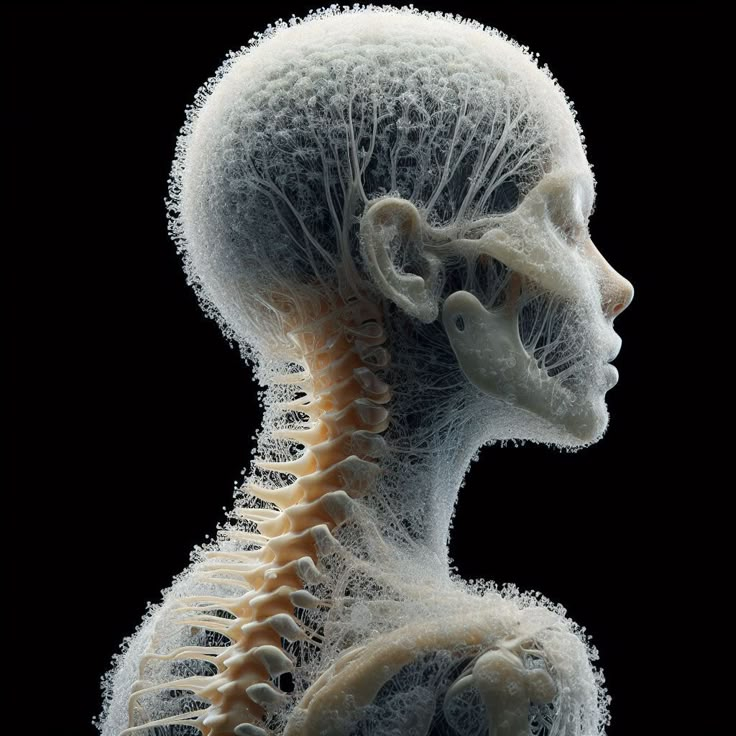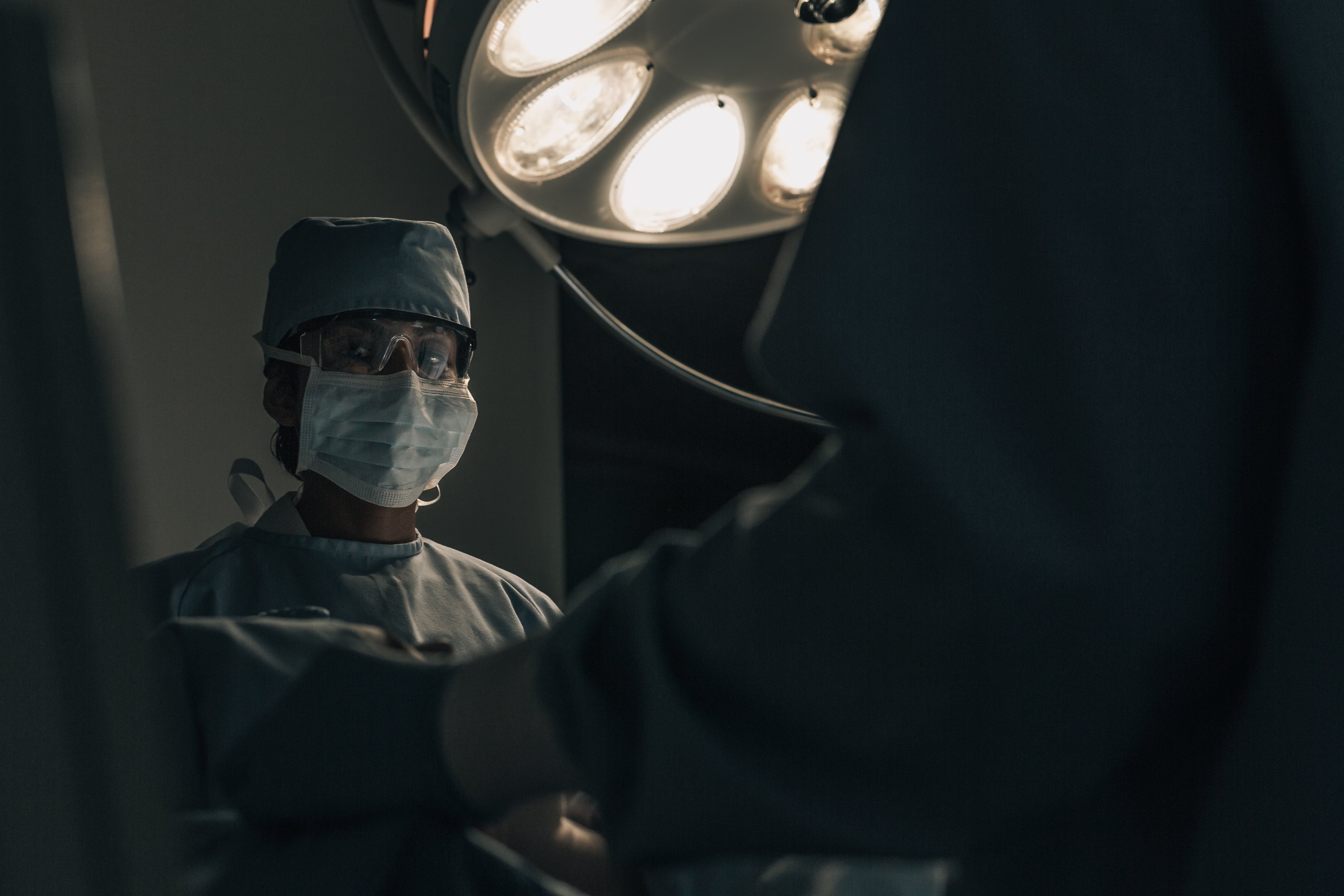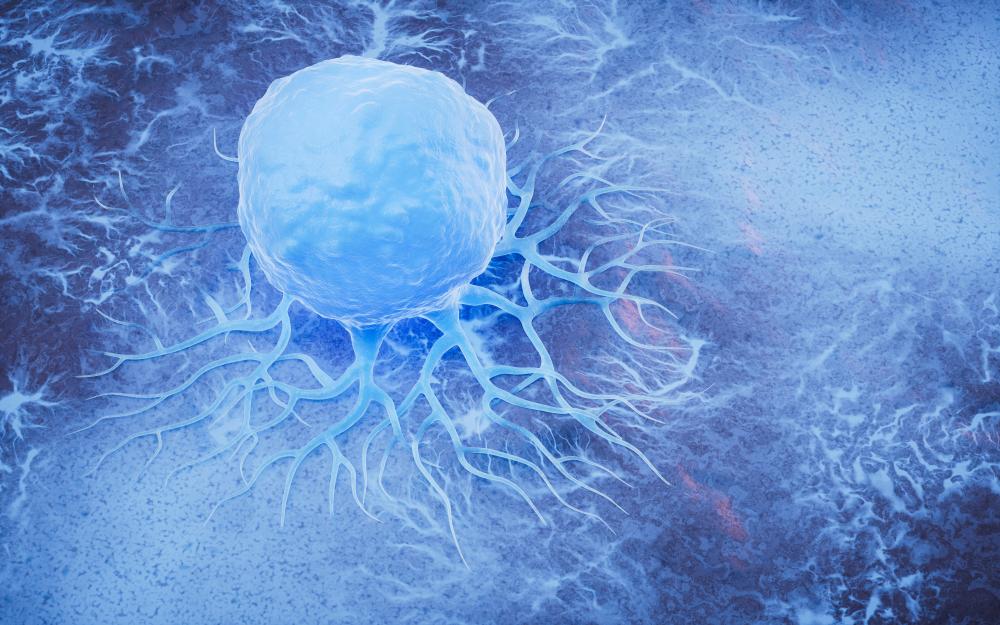
Discover Denver Stem Cell Clinic Treatments
How Does Stem Cell Therapy Work?
- Extracting stem cells from the patient's body.
- Processing and concentrating the cells in a sterile environment.
- Re-injecting the concentrated cells into the affected area.
Why Choose Denver Stem Cell Clinic?
Commonly Asked Questions About Denver Stem Cell Clinic
Unique Insights into Regenerative Medicine
- Stem cell IV infusion for systemic health improvement.
- Microneedling with stem cells for enhanced skin rejuvenation.
- Stem cell exosomes for improved cellular communication.
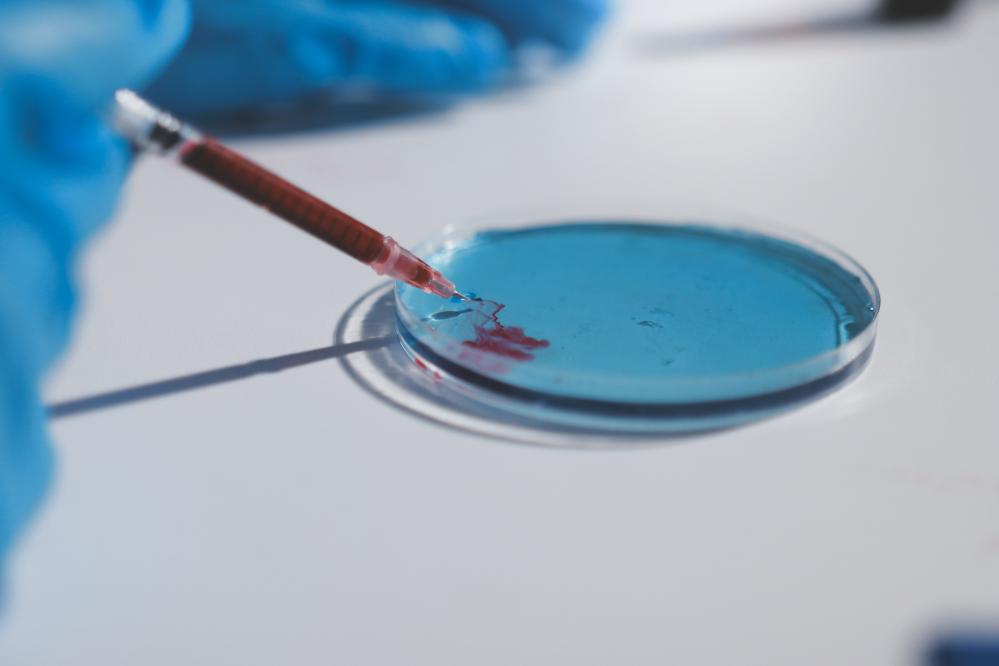
Exploring Denver Stem Cell Therapy Options
How Does Denver Stem Cell Treatment Work?
- Consultation: Evaluate patient health and medical history.
- Extraction: Obtain stem cells from the patient's own body.
- Concentration: Process and concentrate the cells for treatment.
- Injection: Administer the stem cells to the targeted area.
- Observation: Monitor progress and adjust treatment plans as necessary.
Why Choose Denver Stem Cell Over Traditional Treatments?
- Naturality: Uses the patient's own cells for healing, reducing the risk of rejection.
- Reduced Recovery Time: Patients often experience faster recovery compared to surgical interventions.
- Holistic Benefits: Apart from treating specific areas, it may improve overall well-being.
Can Denver Stem Cell Help with Pain Management?
Exploring the Future of Stem Cell Research
Stem Cell Injections Denver: An In-Depth Look
Stem Cell Injections Denver are gaining traction as a forefront solution in regenerative medicine. With more people seeking alternatives to traditional surgical methods, these injections offer a less invasive option to heal and regenerate damaged tissues. My journey over the last 20 years in the field has allowed me to witness the transformative power of this therapy firsthand. From chronic pain management to accelerating healing, the applications are vast and astonishing.
How Do Stem Cell Injections Differ From Other Treatments?
The most significant advantage of Stem Cell Injections Denver lies in their ability to harness the body's natural healing processes without foreign substances. Traditional treatments often rely on medication or invasive surgery, whereas stem cells act as a personalized repair system. This not only reduces recovery time but also minimizes the risk of adverse reactions.
Step-by-Step: The Stem Cell Injection Process
The process of administering Stem Cell Injections Denver involves several key steps:
- Consultation: A thorough evaluation with a specialist to determine the suitability of stem cell treatment.
- Extraction: Stem cells are typically harvested from the patient's bone marrow or fat tissue.
- Preparation: Extracted cells are concentrated and purified in a lab setting.
- Injection: The concentrated cells are injected into the affected area under guided imaging.
Who Is a Candidate for Stem Cell Injections Denver?
Candidates suitable for Stem Cell Injections Denver are those experiencing conditions such as osteoarthritis, chronic joint pain, and certain degenerative diseases. A thorough consultation with an experienced practitioner is crucial to determine eligibility and expected outcomes. Despite the broad applications, not every patient will qualify, and alternative treatments might be suggested depending on individual health assessments.
What Are the Risks Associated with Stem Cell Injections Denver?
While generally safe, Stem Cell Injections Denver do carry certain risks. Potential complications include infection, localized pain, and rare immune responses. These risks are minimized through stringent preparation protocols and highly controlled environments.
For those considering this innovative therapy, having open discussions with healthcare providers ensures informed decisions and optimal care.
Why Choose Stem Cell Injections Denver?
Choosing Stem Cell Injections Denver can be pivotal for individuals seeking advanced regenerative options. My own professional experiences at Bioxcellerator have shown time and again how this therapy transforms lives by effectively managing pain and promoting healing. The personalized nature of the treatment, based on using the patient's own cells, enhances both safety and efficacy, allowing individuals to return to their daily lives with improved function and reduced pain.
- Reduced recovery time
- Minimized surgical risks
- Potential for significant pain relief
- Decreased reliance on medication
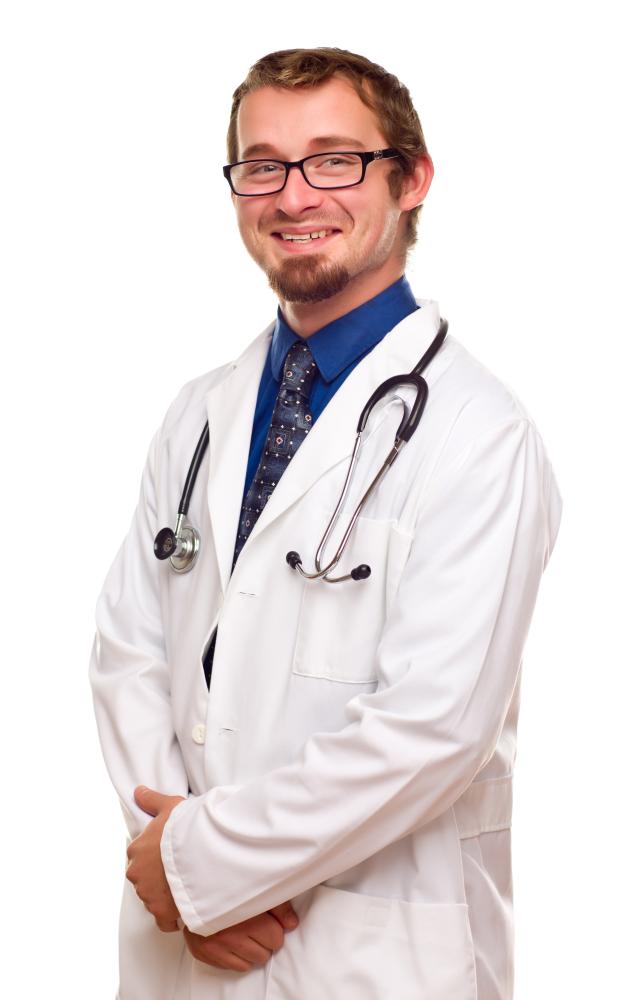
What are the primary benefits of choosing stem cell therapy at a regenerative clinic over traditional medical treatments?
Stem cell therapy, particularly at a regenerative clinic, offers a unique approach by using the body's own cells to promote healing and repair. Unlike traditional treatments like surgery or medications, which can have prolonged recovery times and risk of side effects, stem cell therapy tends to be minimally invasive and facilitates faster recovery.
For example, I once spoke with a patient who had persistent knee pain. Traditional options would have required extensive surgery with a long recovery period. Instead, opting for stem cell therapy not only helped alleviate his pain but also allowed him to return to his normal activities much sooner than anticipated.
It's crucial to note that while stem cell therapy can be incredibly effective, it's not a one-size-fits-all solution. Patients should have a thorough consultation with a specialist to explore the best treatment plan for their unique needs. Have you considered what specific outcomes you'd like from such a therapy?
What are some common misconceptions about stem cell therapy that people should be aware of?
One prevalent misconception is that stem cell therapy is a miracle cure for all ailments. While it is a powerful tool in regenerative medicine, it's important to have realistic expectations about its capabilities. It is highly effective in treating certain conditions like joint pain, arthritis, or soft-tissue injuries, but not every condition will respond in the same way.
Another myth is the idea that stem cell therapy is unsafe or unregulated. In reality, reputable clinics, like ours at Bioxcellerator in Florida, adhere to strict safety protocols and are guided by comprehensive scientific research. The procedures are conducted in sterile environments with utmost care to minimize any risks.
Finally, some believe that all stem cell treatments are the same, but there are variations based on the source of stem cells and the techniques used. It's vital to research and choose a clinic with a proven track record of successful treatments. What have you heard or read about stem cell therapy that might need clarification?
Who is typically considered a good candidate for stem cell therapy at a regenerative clinic?
Stem cell therapy is often suitable for individuals with chronic pain, joint degeneration, or specific musculoskeletal injuries. Ideal candidates are usually those who have not found relief from traditional treatments and are looking for an alternative solution with potentially quicker recovery times.
I recall a patient, an avid runner, who suffered from persistent ligament pain. Traditional interventions with medications and physical therapy didn't offer long-term relief. After undergoing stem cell therapy, she experienced significant pain reduction and improved mobility, allowing her to return to her passion for running.
However, it's important to undergo a comprehensive assessment by a healthcare professional to determine suitability. Factors like overall health, medical history, and the specific condition are taken into account. What specific problem areas are you exploring for treatment?
How do stem cell injections differ from other treatments in terms of efficacy and recovery time?
Stem cell injections offer a targeted approach to healing by directly delivering regenerative cells to the affected area. This precision enhances the efficacy of the treatment, promoting faster tissue repair and reducing inflammation, which can lead to quicker symptom relief compared to traditional methods.
For instance, a patient I worked with had chronic shoulder pain that often flared up. After receiving stem cell injections, he noticed a marked reduction in pain within weeks and avoided downtime associated with surgical recovery. This rapid improvement allowed him to return to his daily activities sooner.
The minimally invasive nature of the procedure also means there's a lower risk of complications and a shorter recovery period. Are you considering stem cell injections, and if so, what outcomes are you hoping to achieve?
What are the potential risks associated with stem cell therapy, and how are they managed at top clinics?
While stem cell therapy is generally safe, it does carry some risks, such as infection, immune responses, or localized pain. At leading clinics like ours, these risks are managed through rigorous standards of care, including sterile environments, controlled procedures, and highly trained medical staff.
It's essential to ensure the clinic follows best practices and is transparent about the process and potential outcomes. Our team, for example, emphasizes patient education, ensuring that every person is aware of the procedure, understands the risks, and feels comfortable with the treatment plan.
Discussing any concerns with a healthcare provider can help mitigate risks and ensure informed decisions. What specific concerns do you have regarding stem cell therapy that we can address?
How is the field of stem cell research evolving, and what future advancements can we expect?
The field of stem cell research is rapidly advancing, with exciting potential for new therapies and treatments. Emerging technologies, like stem cell exosome therapy, are paving the way for more comprehensive solutions for conditions like chronic pain and even skin rejuvenation.
Our clinic is deeply involved in exploring these advancements. For example, stem cell exosomes are being studied for their role in enhancing cell communication, potentially improving healing processes further. The future holds promise for breakthroughs in areas like anti-aging and systemic health improvements through stem cell IV infusions.
As these technologies develop, they could revolutionize how we approach healing and health maintenance. What aspects of stem cell therapy are you most interested in regarding future applications?
Resources
- National Institutes of Health (NIH) - The NIH is the largest public funder of biomedical research in the world, supporting cutting-edge research on stem cells and regenerative medicine.
- U.S. Food and Drug Administration (FDA) - The FDA provides oversight for the safety and effectiveness of stem cell therapies, ensuring that treatments meet regulatory standards.
- Centers for Disease Control and Prevention (CDC) - The CDC offers valuable information on the latest advancements in stem cell research and the potential benefits of regenerative therapies.
- Mayo Clinic - The Mayo Clinic is a renowned medical center that provides reliable information on stem cell treatments and their efficacy for various health conditions.
- National Institutes of Health Stem Cell Information - This NIH resource offers in-depth information on stem cell research, including the latest discoveries and potential applications in medicine.



